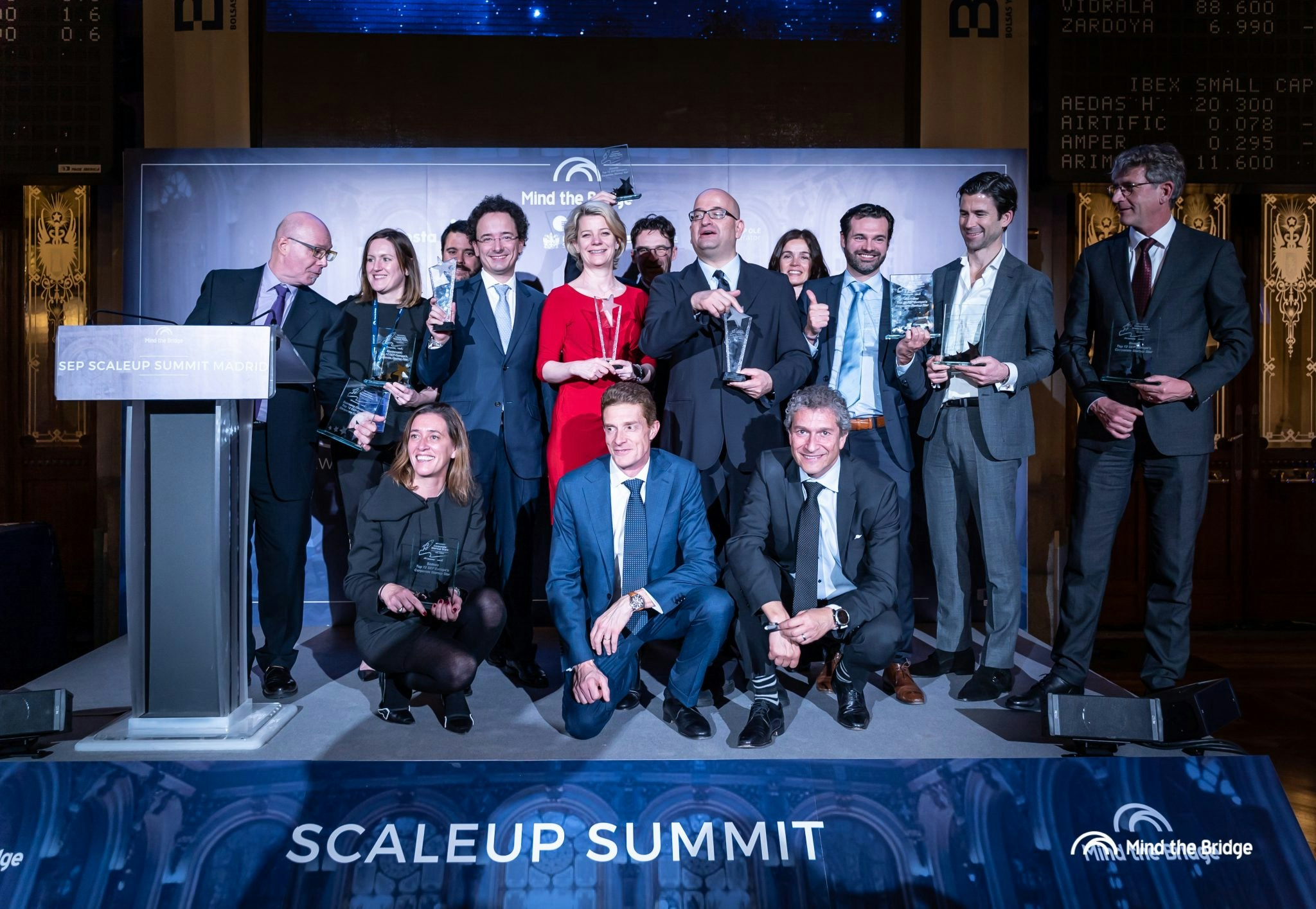Agriculture
Growth advice
Leaps, Bayer’s strategic investment vehicle, took part in the $6m Series A funding round for Apollo Agriculture, a Nairobi-based commercial farming platform that gives small farmers advice and access to finance.
Aviation
Autonomous planes
Thales was one of the investors in the $10m Series A funding round for Xwing, a San Francisco-based autonomous aviation company.
Unlike other autonomous aircraft companies, Xwing isn’t designing a new vertical takeoff and landing vehicle or a souped-up helicopter. Instead, it is developing the software essential for pilotless flight, including sensing, reasoning and controls. These could be used to retrofit existing aircraft to make them autonomous.
It is not a bad strategy. In almost every tech sector, it is the hardware that is painful and expensive to develop — and software is the easier way to make money.
Post-Covid tech for airports
An interesting look at potential tech solutions that would allow airports to operate safely — everything from digital twinning to simulate how a new-look airport could work, to touchless ID scanning and getting most of the security screening to take place before passengers even get to the airport. Not sure if all of these are feasible, though.
Flight loans
Shawbrook Bank, the UK lender, took part in the £35m Series A funding round for Fly Now Pay Later, a startup that allows people to pay for airline tickets in instalments.
As the airline industry attempts to recover from the devastation of coronavirus, the price of flights is likely to increase, and more people will have to borrow to finance their trips. The Fly Now Pay Later app will allow travellers to spread the cost of their trip over 12 months.
Financial services
ID by video selfie
Zürcher Kantonalbank (ZKB) and Arab Bank were among the investors in the €4.3m seed funding round for PXL Vision, which has developed technology that allows banks to identify customers using camera shots of ID documents and video selfies. ZKB is already a customer and uses the technology in its pensions savings app Frankly.
SME loans
Bertelsmann was one of the investors in the $11.3m Series D extension round for Lendingkart, the Indian startup that provides business loans for small and medium-sized enterprises.
Food and drink
Sweden — the new Silicon Valley of foodtech?
Bertebos Foundation (owner of Swedish food companies Berte Qvarn and SIA Glass) and Falkenbergs Sparbanks Foundation, the Swedish bank, chipped into the €1.2m funding round for Mycorena, a Swedish startup making fungi-based protein.
Mycorena is planning to use the money to set up a production facility in Sweden, part of a plan to create a “Silicon Valley of foodtech” in the Nordic region.
Healthcare
Telemedicine
Allianz X was one of the investors in the $194m funding round for US telemedicine provider American Well (Amwell). Amwell says it has seen a 1,000% increase in usage of its services since the pandemic hit, as people avoid attending doctor’s surgeries in person. This is Allianz X’s second investment into healthtech — it also has a stake in Indonesia’s Halodoc.
Devices to treat incontinence
BNP Paribas, Caisse d’Epargne, Crédit Agricole and Banque Populaire were part of a syndicate providing debt finance for UroMems, a French startup making medical devices to help with urinary incontinence.
Fungal treatments
Lundbeckfonden Ventures, the investment arm of Denmark’s Lundbeck Foundation, took part in the $53m Series C extension for Amplyx Pharmaceuticals, which makes treatments for life-threatening fungal infections.
New-look doctor’s surgeries
Eurobail Group, the real estate investment firm, took part in the €15m fundraising for DocCity, a French startup that designs completely new-style treatment spaces for family doctors, with technology built in to help with aspects such as making and managing appointments.
Speeding up sequencing
Roche has acquired Seattle-based DNA sequencing startup Stratos Genomics. The 60-person team has developed technology to make DNA sequencing quicker and cheaper.
Mobility
Self-driving winners
Bloomberg has this analysis of the five leaders in self-driving cars. Argo AI, being created in partnership with Ford Motor Co and Volkswagen, is one of them.
Who's hiring?
Service design lead at Accenture, London, UK
Software design lead at IDEO, Munich, Germany
Social innovation fellowship 2020/21, Nesta, London, UK
Experience designer at BCG Digital Ventures, London, UK
Medical innovation project leader at Doktor24, Stockholm, Sweden
Innovation venture director at Digital Native Group, Paris, France:
Junior digital manager at L’Oreal, Dusseldorf, Germany
Good reads
Tech me to court
Disruption Hub takes a look at how Leeds-based law firm rradar is using technology such as natural language processing and apps to make it easier for non-experts to navigate the law. Rradar claims that customers using these tools see reductions of up to 90% in legal costs.
How Covid-19 will accelerate AI healthcare
Wired gives artificial intelligence a B minus so far in its Covid-19 efforts. Canadian AI programme BlueDot did pick up on the beginnings of the pandemic in Wuhan at an early stage, but the world failed to do much with that information. Outside of a few instances in Asia, AI has been of little use to help manage the outbreak.
Part of that has been down to a lack of data. This article sketches out what could be done with AI (echoing point made by INSEAD authors here), but it really serves to highlight just how much will need to change — how much more we will have to integrate AI into daily life — before we really see an impact. Maybe for the next pandemic then?
Six lessons from SAP’s internal crowdsourcing
A very interesting (and thorough) examination, published in MDPI, of how SAP has used internal crowdsourcing to generate new business ideas. SAP has been doing this since 2001 and has produced startups through it, particularly for its One Billion Lives social initiative. These are the lessons that can be learned from the SAP experience:
- Provide proper time for employees to do this. If you want 20% of time spent on the innovation idea, make sure that doesn’t mean employees end up working 120% because the new project is having to be done on the side.
- The new ideas should be evaluated by experts, not voted on by the crowd. Crowdvoting ends up favouring the ideas of popular or well-connected employees.
- Promote bottom-up development, but demand top-down support.
- Integrate the ideas better into the rest of the company. You’d be surprised how few people in the rest of the business are aware of these plans — and that slows everything down.
- Encourage ownership of ideas. Let there be upsides — and downsides — for employees if their idea is adopted. Otherwise, no one will really care.
- Be transparent about the process and what happens to ideas. Any sense that things aren’t being done “by the book” will be taken very negatively.


